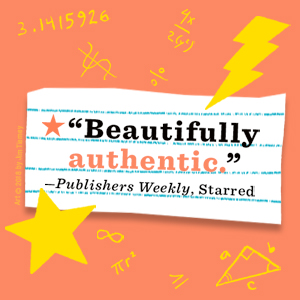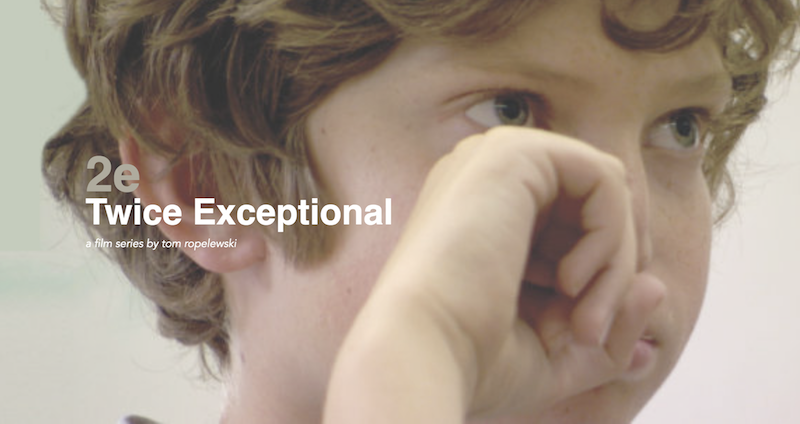Tag: gifted
-

Review: Getting gifted homeschoolers (almost) right
As a teacher of gifted learners, I am always interested in how they are portrayed in kids’ books. Generations of smart kids had to see themselves portrayed as clueless, clumsy, antisocial idiot savants. The Miscalculations of Lightning Girl avoids almost all the tired all tropes.
-

2e: Twice Exceptional Movie Review
2e: Twice Exceptional is a low-budget documentary with heart. There’s nothing fancy about this peek into the lives of twice-exceptional teens, their parents, and their teachers. But just the existence of this documentary is revolutionary enough. 2e? The average reader’s first question is obvious: 2e? What’s that? I wrote a long discourse on the topic…
-
WWDFS: The college scandal hits close to home
My husband and I are both graduates of Stanford University, though the university we went to bears little resemblance to today’s Stanford. I was in one of the last classes admitted under “Dean Fred”—the amazing Fred Hargadon who knew that although test scores are nice, a truly great student body is made up of diverse,…
-
11 steps to guiding difficult gifted kids
Parenting a gifted child presents unusual challenges. Parenting a gifted child with behavioral differences places new burdens on top of those challenges. Although no one has the one magic ticket to make your life easier, experienced parents of gifted children offer variations on the following advice to help you negotiate the process of raising your…
-
Are we doing better? A mom, a daughter, and a small press.
I went to a reading the other night at Bookshop Santa Cruz. It was the most fabulously successful reading I’ve seen there, literally standing room only. But it wasn’t Jonathan Franzen or Suzanne Collins that pulled them in. It was a mom, a daughter, and a little independent press.